Shifting from Time-consuming Teacher-led Workflows to Sustainable Student-led Workflows
Catlin Tucker
JANUARY 10, 2022
As a result, they are not developing their metacognitive, critical thinking, and self-regulatory skills; all of which are critical to success both in the classroom and beyond. When teachers do the bulk of the thinking and work, they rob students of opportunities to develop these critical life skills.

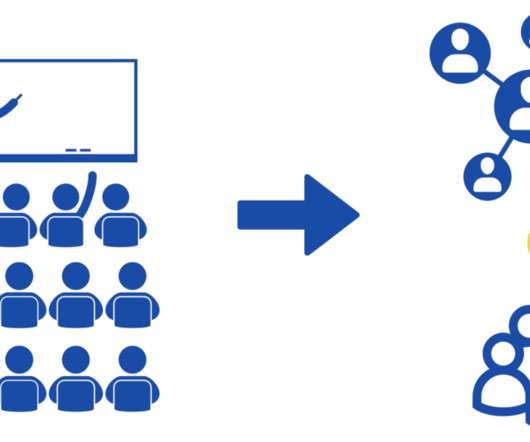
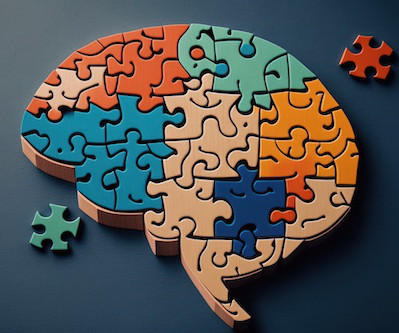
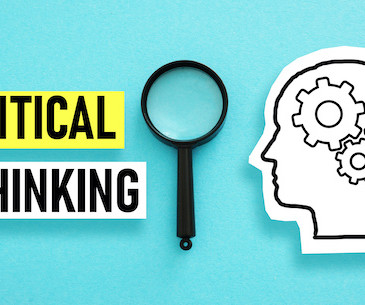
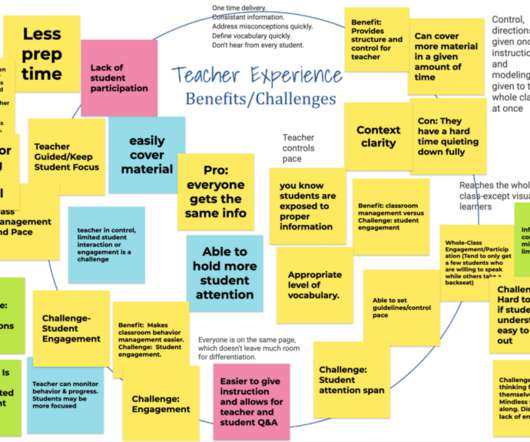







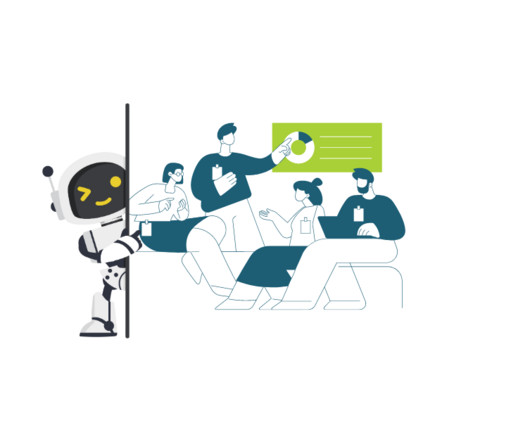







Let's personalize your content